MEMOIRS
of a
Superfluous Man
ALBERT JAY NOCK
AUTHOR OF JEFFERSON, JOURNEY INTO RABELAISS FRANCE, FREE SPEECH AND PLAIN LANGUAGE, ETC.
HARPER &  BROTHERS
BROTHERS
New York and London

I do not know what I may appear to the world, but to myself I seem to have been only like a boy playing on the seashore and diverting myself in now and then finding a smoother pebble or a prettier shell than ordinary, whilst the great ocean of truth lay all undiscovered before me.
SIR ISAAC NEWTON
MEMOIRS OF A SUPERFLUOUS MAN
Copyright, 1943, by Albert Jay Nock
Printed in the United States of America
All rights in this book are reserved.
No part of the book may be reproduced in any manner whatsoever without written permission except in the case of brief quotations embodied in critical articles and reviews. For information address Harper & Brothers
K-Z
PREFACE
I T HAS several times been suggested to me, always to my great annoyance, that I should write an autobiography. Personal publicity of every kind is utterly distasteful to me, and I have made greater efforts to escape it than most people make to get it. Moreover, biographical writing, especially of the popular type, presupposes a subject who has achieved, or at least tried to achieve, something ponderable, substantial; and I have done neither. I have led a singularly uneventful life, largely solitary, have had little to do with the great of the earth, and no part whatever in their affairs or for that matter, in any other affairs. Hence my autobiography would be like the famous chapter on owls in Bishop Pontoppidans history of Iceland. The good bishop wrote simply that there are no owls in Iceland, and that one sentence was the whole of his chapter.
One evening, however, an old friend, Mr. William Harlowe Briggs, brought up the matter again, saying he had a new idea. He proposed that I should write a purely literary and philosophical autobiography with only enough collateral odds and ends thrown in to hold the narrative together. As he put it to me, the idea seemed to have something in it. His notion was the perfectly sound one that every person of any intellectual quality develops some sort of philosophy of existence; he acquires certain settled views of life and of human society; and if he would trace out the origin and course of the ideas contributory to that philosophy, he might find it an interesting venture. It is certainly true that whatever a man may do or say, the most significant thing about him is what he thinks; and significant also is how he came to think it, why he continued to think it, or, if he did not continue, what the influences were which caused him to change his mind. In short, what Mr. Briggs proposed was a history of ideas, the autobiography of a mind in relation to the society in which it found itself.
After thinking over this suggestion for a day or two, I decided to do what I could with it. I do not think the result, as here presented, would interest many people or benefit anybody; I did not expect or intend it to do either. I contemplated nothing but a tour de force, a literary venture in a field which, if not quite new, was at any rate new to me, and is one which modern autobiographical writing tends to avoid. I now see that I have succeeded with it much better than I supposed I should, and therefore I have turned my manuscript over to Mr. Briggs to do with as he likes. I have no further interest in it, except as I indulge the hope that he will think his idea has been satisfactorily worked out.
ALBERT JAY NOCK
CHAPTER ONE
To be ignorant of ones ignorance is the malady of the ignorant.
AMOS BRONSON ALCOTT.
F ROM first to last, my schooling was so irregular, so out with the whole technique of modern pedagogy, that I suppose I might fairly be said to have had no schooling at all. In its early stages it was as informal as it was irregular. How I learned my letters must always remain unknown; in Lord Dundrearys phrase, it is one of the things no feller can find out. My parents did not know; nobody knew. Some one must have taught me them, and very early, for I practiced spelling out words when I was getting on for three years of age; but twenty-five years later, although I asked all around the families on both sides, I found no survivor able to say who taught me, or when, or how. As far back as I can push my own memory, it stops at the point of recalling a set of dirty and defaced alphabet-blocks lying about our cellar in company with a dogeared copy of the New England Primer. There is a bare chance that these may have helped me on with my earliest adventures in the realm of the liberal arts, but I doubt it; indeed, I am almost sure they did not. In the first place, I do not remember ever playing with the blocks, or making any use of them, or even paying any particular attention to them; nor do I remember ever noticing the Primer until such time as I could read it, which certainly would be no later than when I was three. Our house was a rented one; the cellar was really rather more of a basement than a cellar; it was light, dry and clean, a palatial playroom from a childs point of view; so my notion is that the blocks and the Primer were probably among the oddments discarded and forgotten by some former tenants offspring.
While it is most unlikely that these bits of salvage did much to put me on the way to literacy, the Primer may possibly have had something to do with forming one of the channels through which the course of my thinking was permanently set. Here again the possibility is very frail, and I set no store by it, but it does exist. If today for the first time I met the Primers statement
In Adams fall
We sinnd all.
my first question would not be, Did Adam really fall?, nor would it be, Did we all really sin?. It would not even be the previous question, Did Adam ever really exist?. It would be the question previous to all these three questions, namely: How can any one possibly know anything about it? Moreover, not only is this the case now, at the close of a rather uncommonly experienced and reflective old age, but even though I stretch my memory to the utmost I do not recall a time in all my life when I would have met a similar or analogous statement in any other way. I can quite believe that at three years of age, praemonitis quae praemonenda, I would have instinctively put the same question as at thirty or threescore. Therefore my impression is that the channel of my reaction to the Primers doctrine of original sin was somehow ready-cut, that my reaction followed a habit of mind already fixed and settled, and that in so far as the Primers couplet had any function in the premises, it was merely that of a trigger, a spring of action.
A French friend, the gifted daughter of an immensely gifted father, is much amused whenever she sees this agnostic and skeptical instinct at work, and tells me it is my French blood cropping out; which indeed may easily be so. My mothers people came here as refugees from France at some time between 1686 and 1688. Their descendants were a long-lived lot; four generations of them were on earth in my time. Up to the last generation they were also rather prolific for French folk; the tendency seems to have run out then; they reverted to type so sharply as pretty well to extinguish the line. My mother was one of ten, and I am her only child; I had a sister who died in infancy before I was born. Out of the four generations I knew, every one of them, man, woman or child, was an anachronism, a straight throw-back. Scratch the skin of their mind, and the unadulterated blood of a seventeenth-century Rochellois Protestant would flow. Nothing interests me more now than to look back on the excellent lucidity, integrity, detachment and humour which they brought to bear on all the works and ways of the society around them, including their own works and waysespecially their own; their power of disinterested and humorous self-criticism was superb. They seem to have held place in a true apostolic succession, for as I see them now I see an Amyot, Montaigne, Rabelais, du Fail, des Priers, contemplating the spectacle of Renaissance society, appraising its little infatuations with serene preciseness, and finding them immensely diverting. My observation of these people gave me a far freer entrance than I could otherwise have had into the minds of Voltaire and the Encyclopaedists, of Molire, Beaumarchais, yes, of Scarron also; and into minds as diverse as those of Fontenelle, la Bruyre, St.-Simon, in the seventeenth century; or as those of Comte, Scherer, Ste.-Beuve, Halvy, Ernest Renan, the Goncourts and other unheeded prophets of the

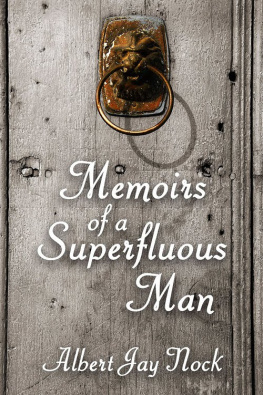
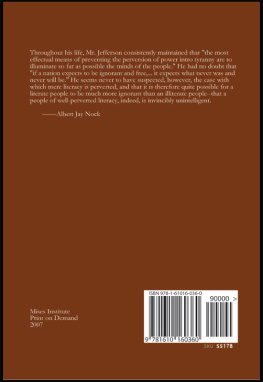
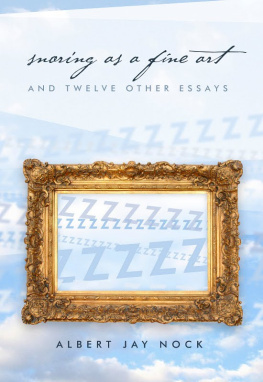
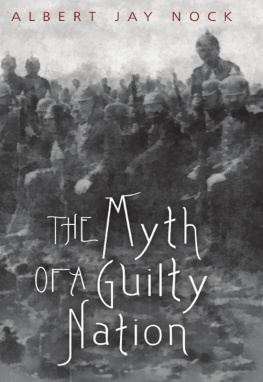
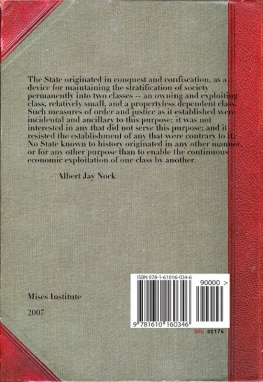
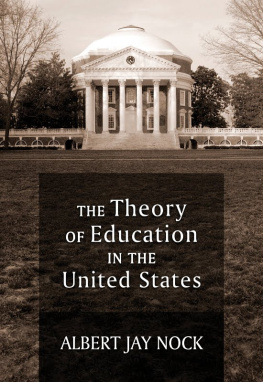
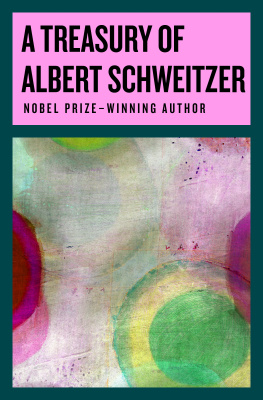
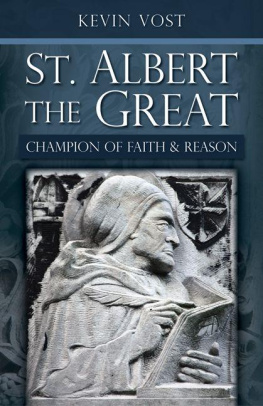
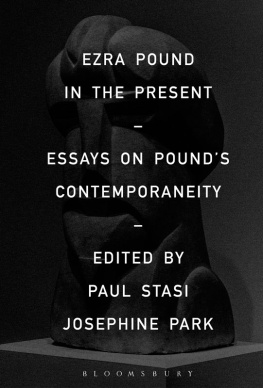
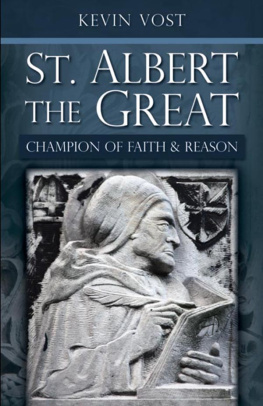
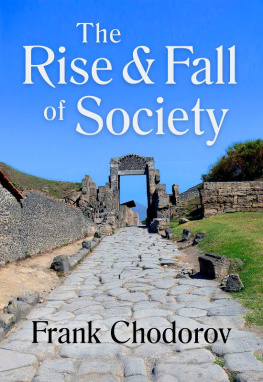

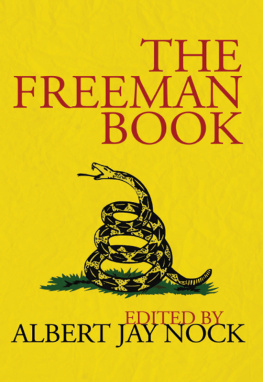
 BROTHERS
BROTHERS